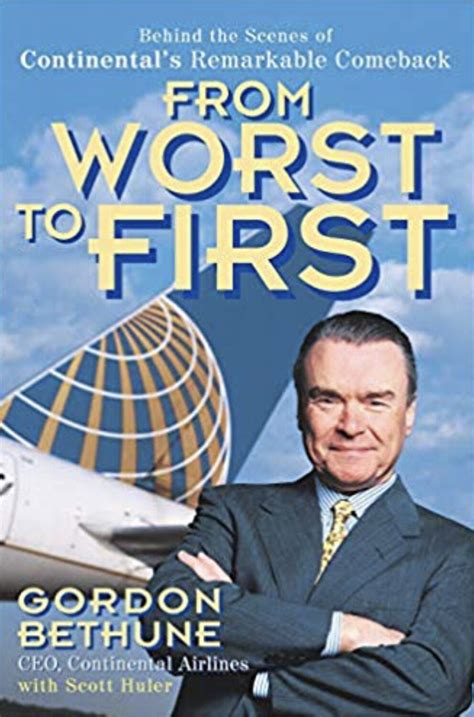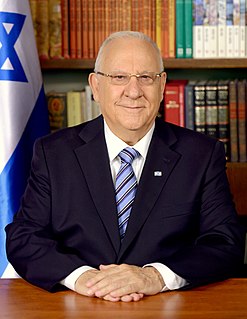A Quote by Bianca Jagger
The Sandinista government became consumed with fighting a war of survival. They were up against the biggest superpower in the world.
Related Quotes
It was necessary to put the South at a moral disadvantage by transforming the contest from a war waged against states fighting for their indepdence into a war waged against states fighting for the maintenance and extension of slavery...and the world, it might be hoped, would see it as a moral war, not a political; and the sympathy of nations would begin to run for the North, not for the South.
Obama is now fighting for his life. He's fighting for a federal government. I believe in a federal government. I hope it sticks around. We had the American Revolution. There was this whole tension between the federalists and the anti-federalists. Then we had the Civil War. We had Lincoln fighting for it. And the secessionists were there. And we have the same issue today.
If you look back to the anti-intervention movements, what were they? Let's take the Vietnam War - the biggest crime since the Second World War. You couldn't be opposed to the war for years. The mainstream liberal intellectuals were enthusiastically in support of the war. In Boston, a liberal city where I was, we literally couldn't have a public demonstration without it being violently broken up, with the liberal press applauding, until late 1966.
The twentieth century had dispensed with the formal declaration of war and introduced the fifth column, sabotage, cold war, and war by proxy, but that was only the begining. Summit meetings for disarmament pursued mutual understanding and a balance of power but were also held to learn the strengths and weaknesses of the enemy. The world of the war-or-peace alternative became a world in which war was peace and peace war.
If we are to avoid that catastrophe [a nuclear World War III], a system of world order — preferably a system of world government — is mandatory. The proud nations someday will see the light and, for the common good and their own survival, yield up their precious sovereignty, just as America's thirteen colonies did two centuries ago. When we finally come to our senses and establish a world executive and parliament of nations, thanks to the Nuremburg precedent we will already have in place the fundamentals for the third branch of government, the judiciary.

































